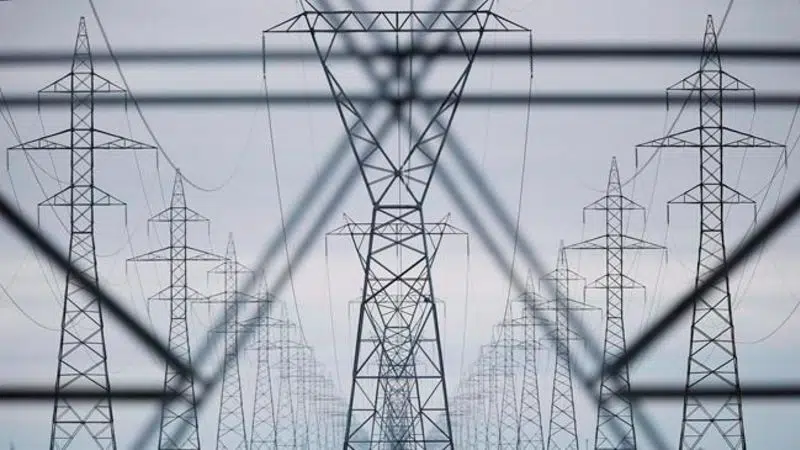
No Infrastructure Bank money for public electricity grids, documents say
OTTAWA — A federal infrastructure agency created to finance new infrastructure — and alleviate the burden on the public purse — is not expected to back projects involving existing public electricity grids, newly released documents say.
Many provinces need to upgrade their power transmission systems to deal with green-energy projects and are desperate for money to do it.
The documents say the Canada Infrastructure Bank would only get involved in grid projects that were “structured as an isolated entity,” meaning the work would be “separate from a larger public electricity grid.”


